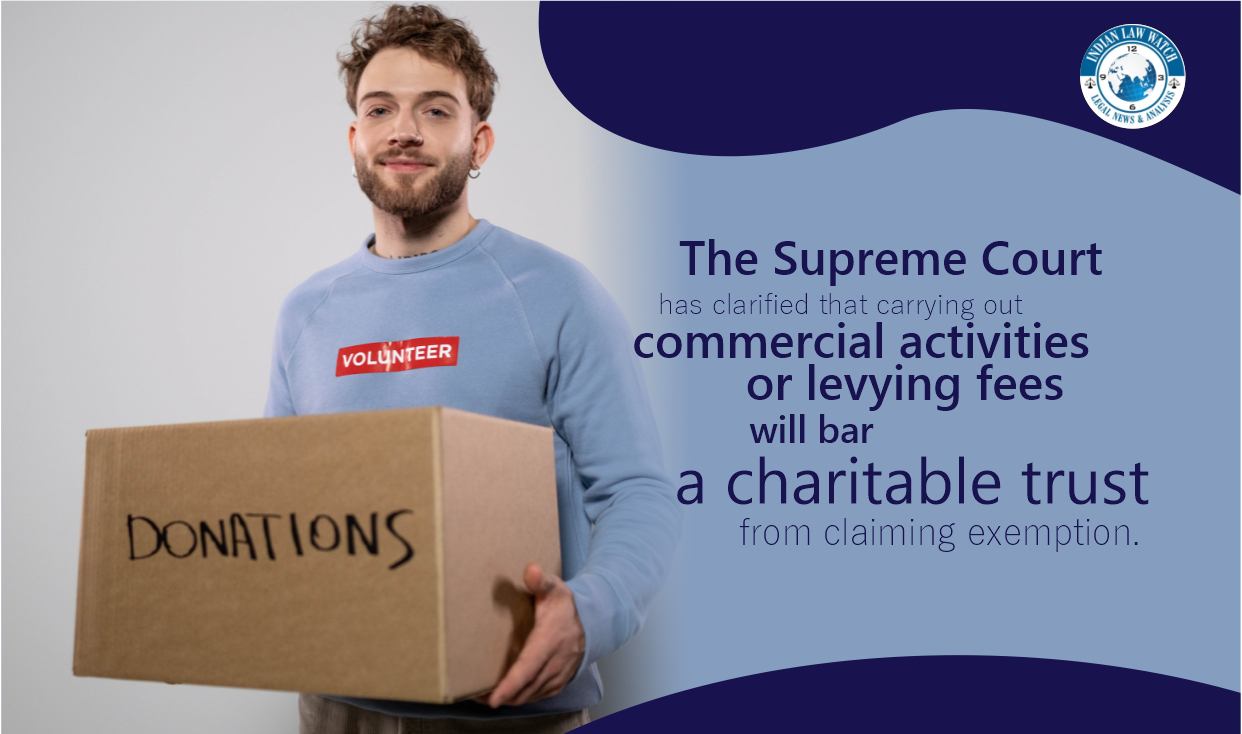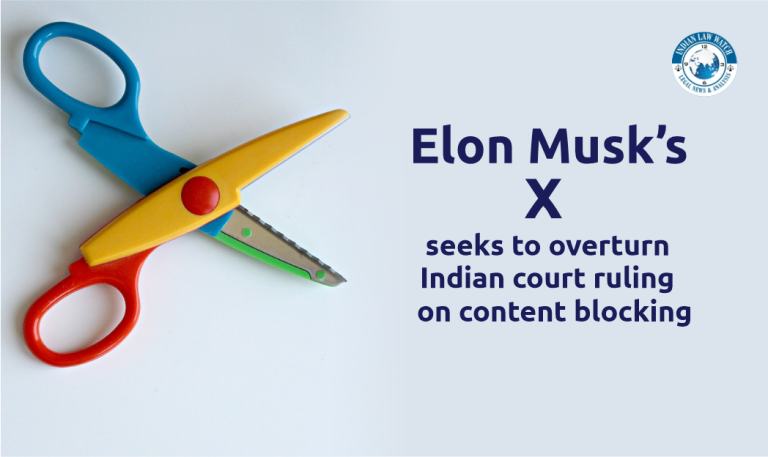

In a significant ruling, the Supreme Court has held that charitable educational trusts that are profit-oriented cannot seek any exemption from income tax. This ruling is likely to have wide ranging ramifications.
The legislature has encouraged such charities by giving them exemption from income tax since as early as 1886. The modern Income Tax Act also provides for similar benefits. However, it has been decades long struggle for the tax depart to check misuse of this exemption.

-
In broad terms, SC has clarified that carrying out commercial activities or levying fees will bar the charitable trust from claiming exemption.
-
SC has held that revenue or fees beyond nominal levels required to sustain will invite scrutiny from the taxman.
-
Speaking to CNBC-TV18, Dinesh Kanabar CEO of Dhruva Advisors, said, “So what the Supreme Court has held is that first of all, the sole purpose of these entities should be only to carry out either education or medical facilities.
-
There were two earlier Supreme Court judgments which said that if predominantly they carried on those activities and there was something else incidental, that will be permitted.
-
The Supreme Court has reversed those judgments which is a very rare thing to do and recognizing that the they are reversing a settled law, they have made those judgments prospective in nature.”
In a similar case, the Supreme Court dismissed a plea filed by educational trusts seeking exemptions under the IT Act. The court said that educational trust or societies, which seek exemption under income tax act, should solely be concerned with education or related activities.
The Supreme Court giving its judgment in the education trusts case clarified that the ‘predominant’ threshold is no longer sufficient. It said that for educational trusts to secure IT exemption under the Income Tax Act, they have to demonstrate that they are ‘solely’ dedicated and committed to activities of education.
Source : CNBCTV18





